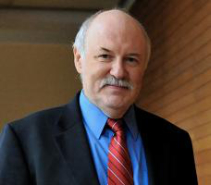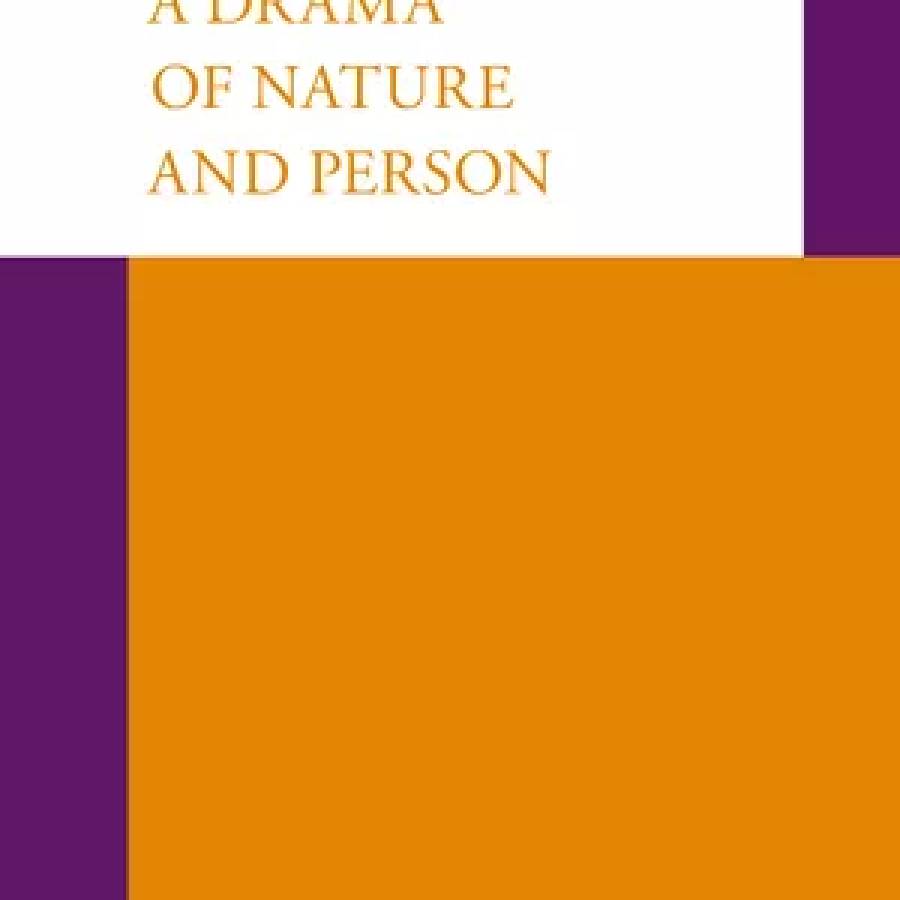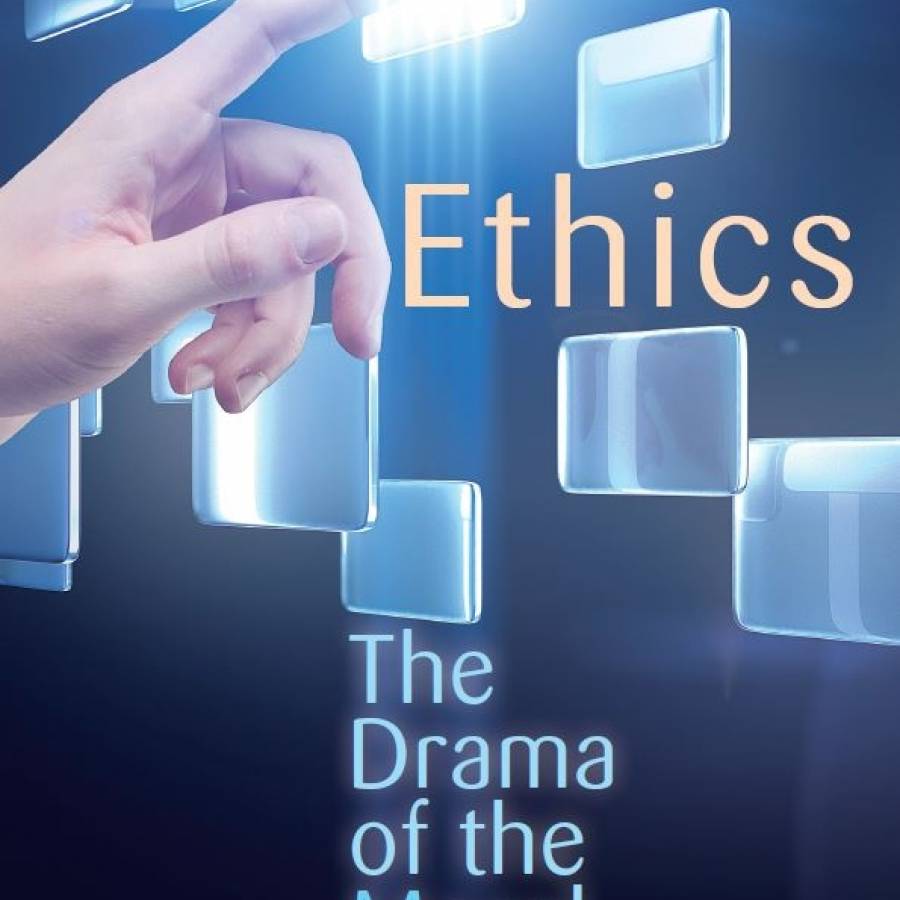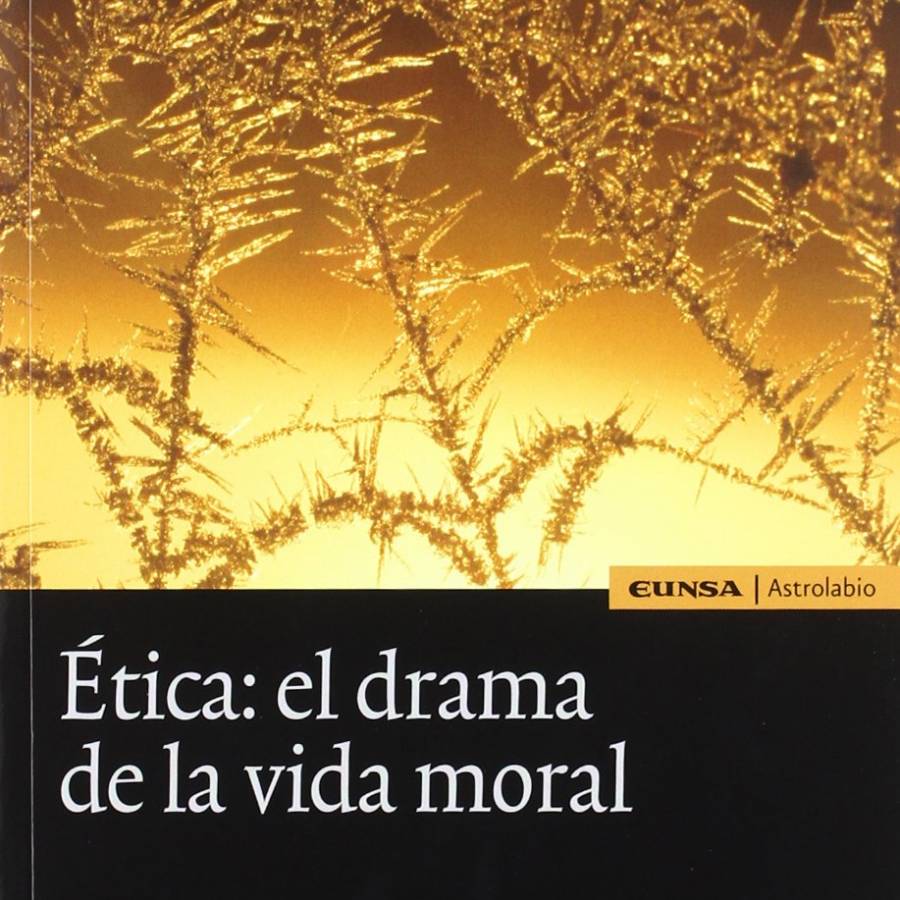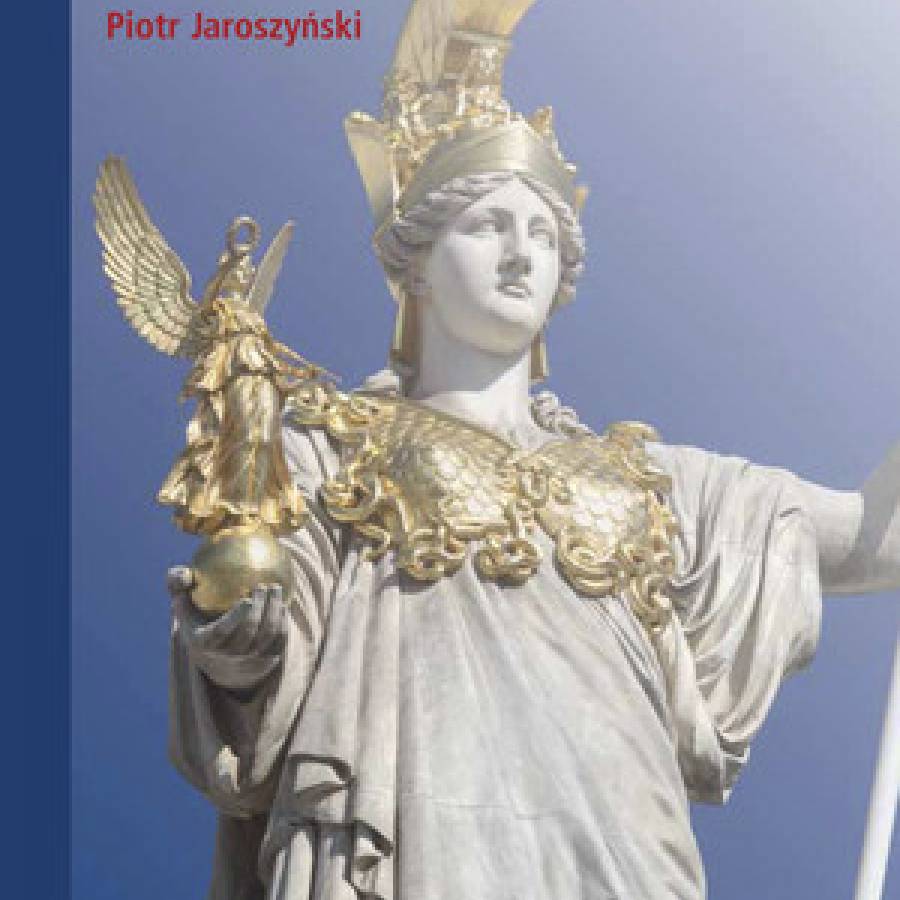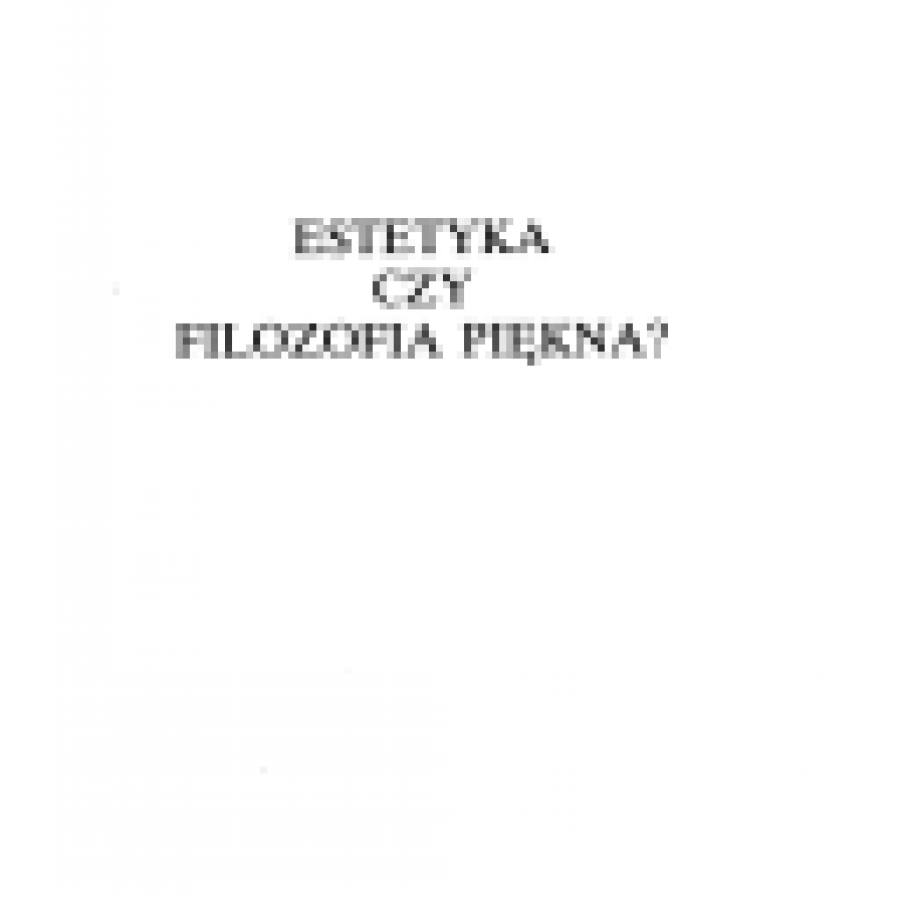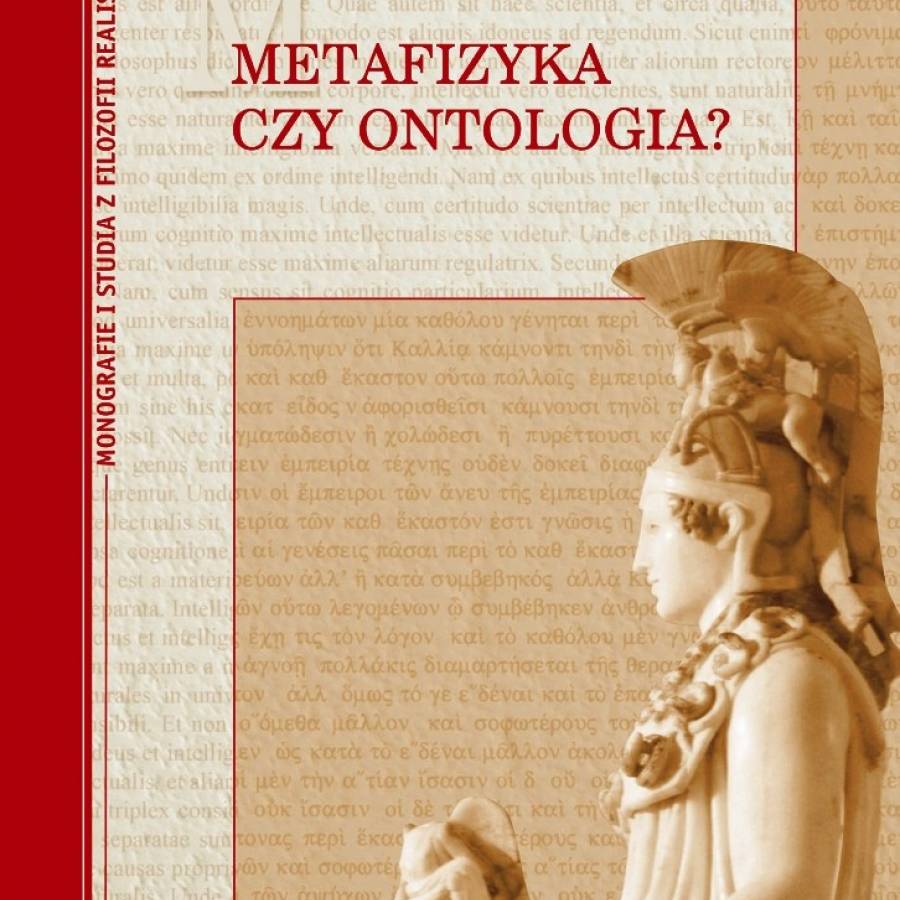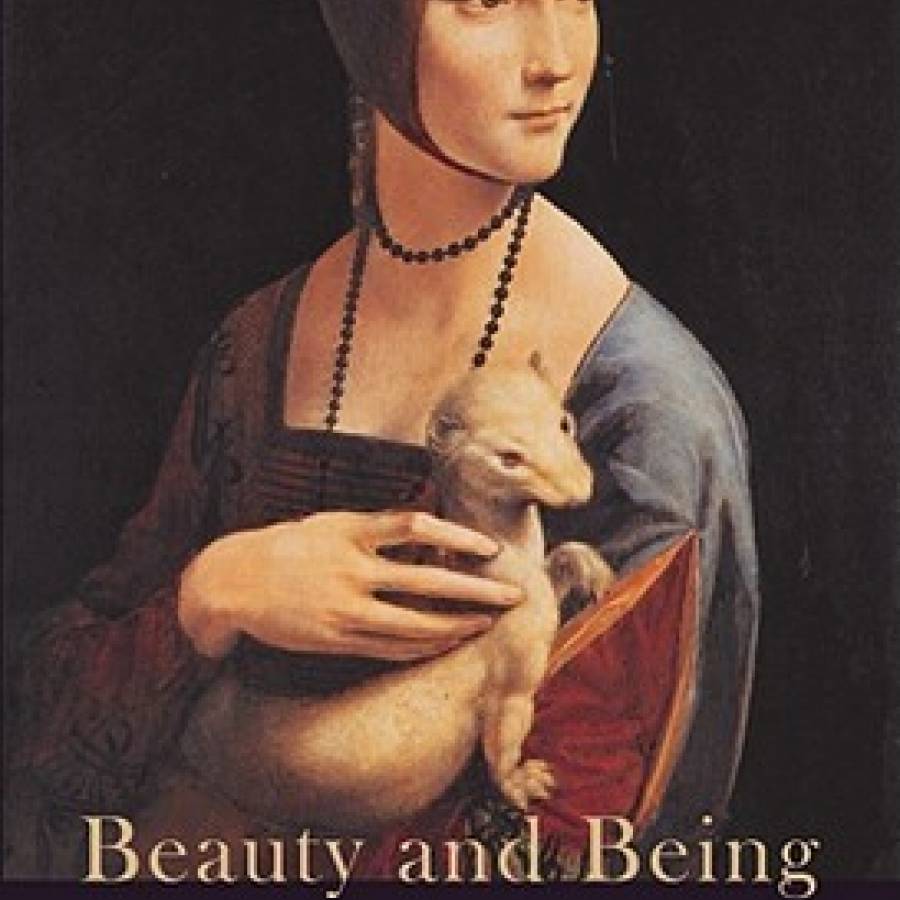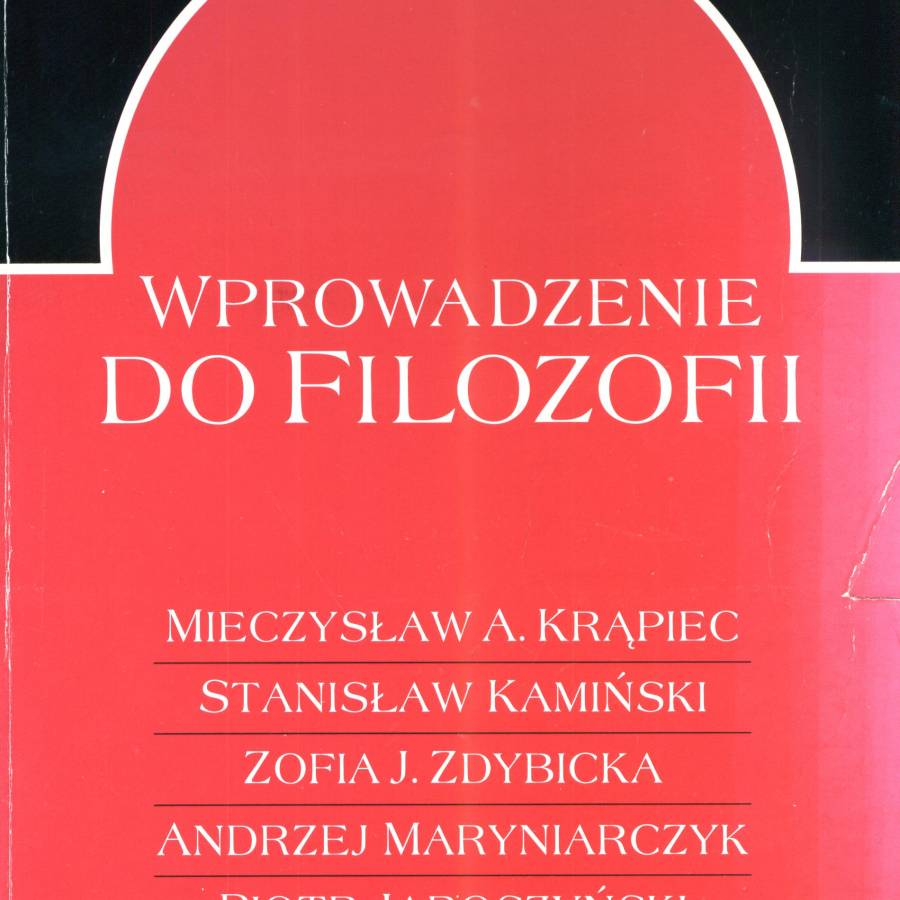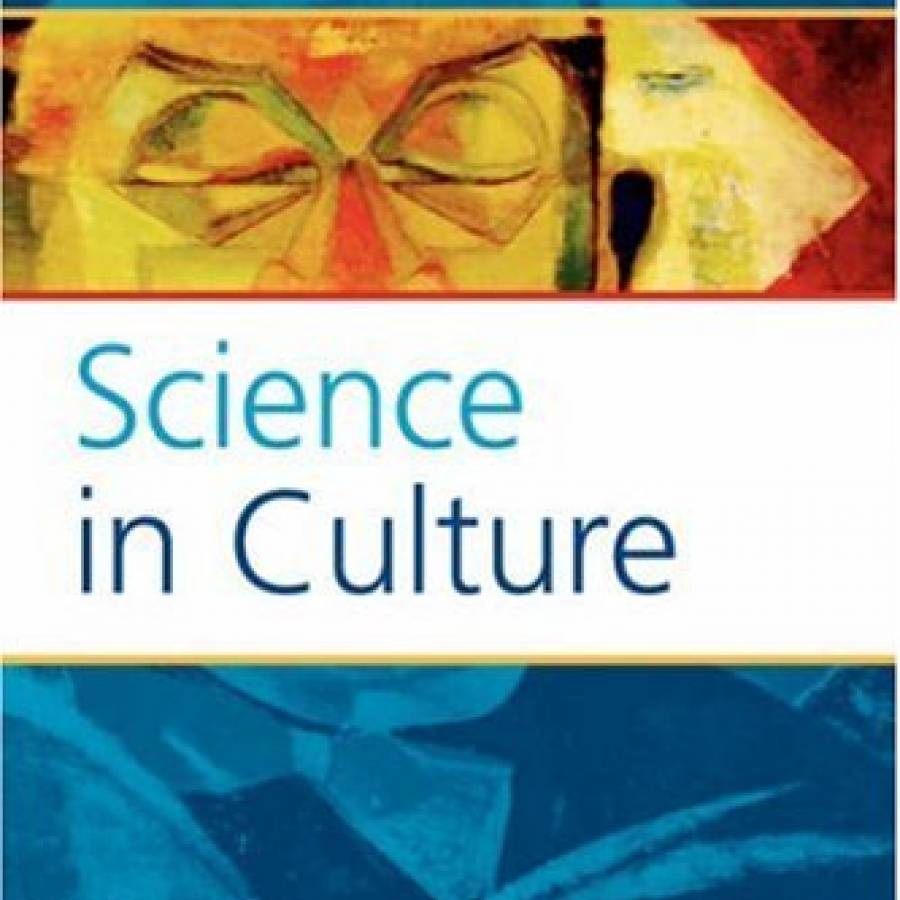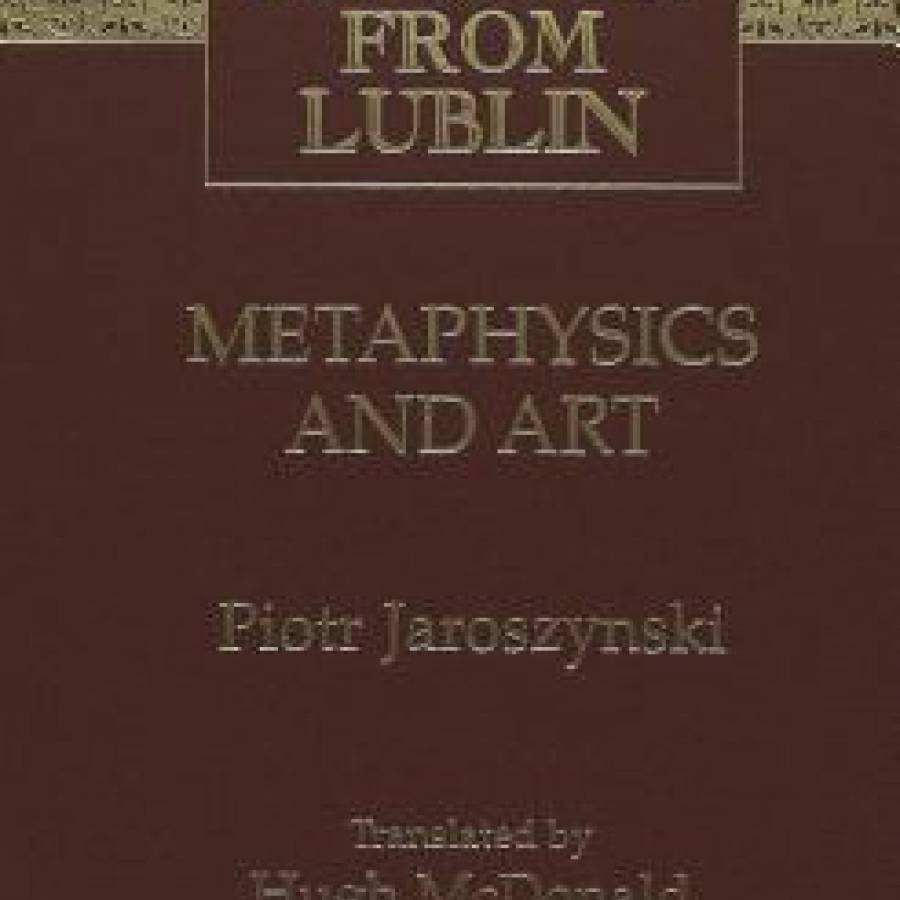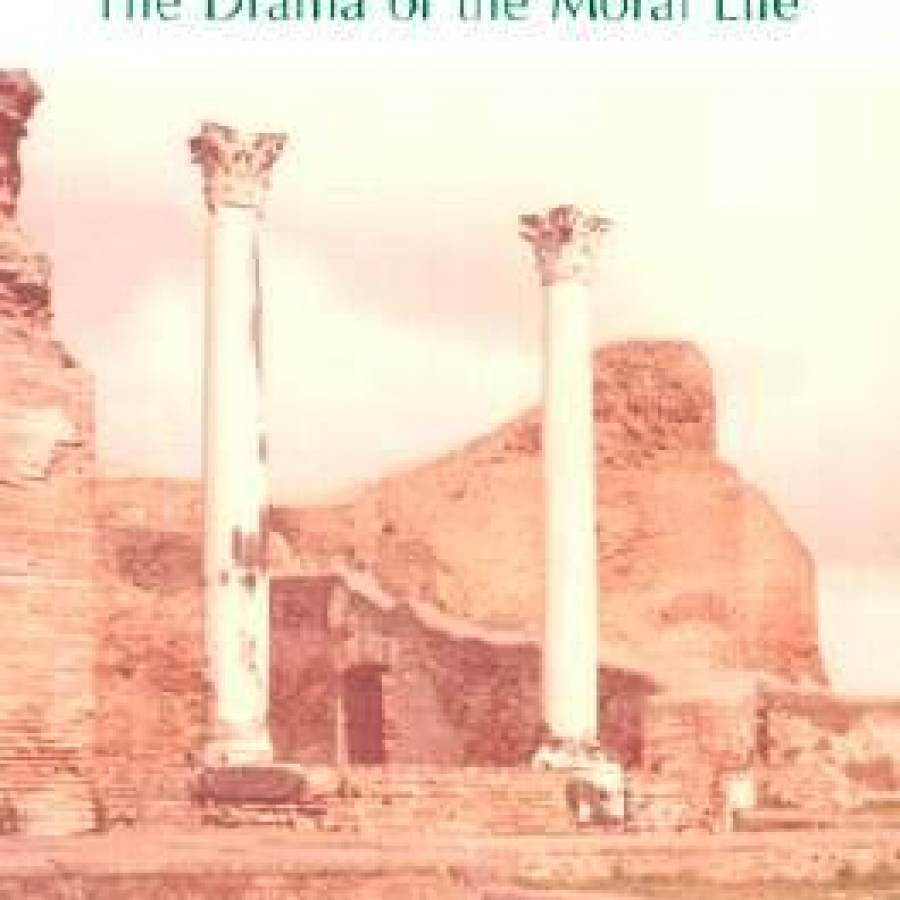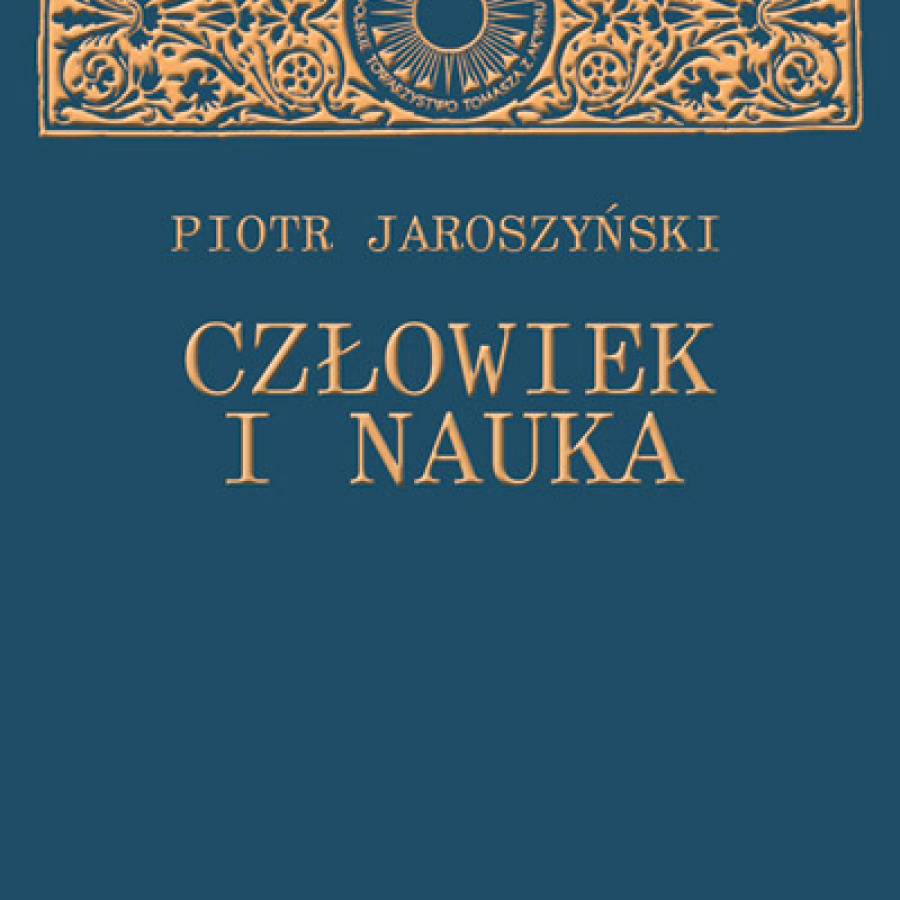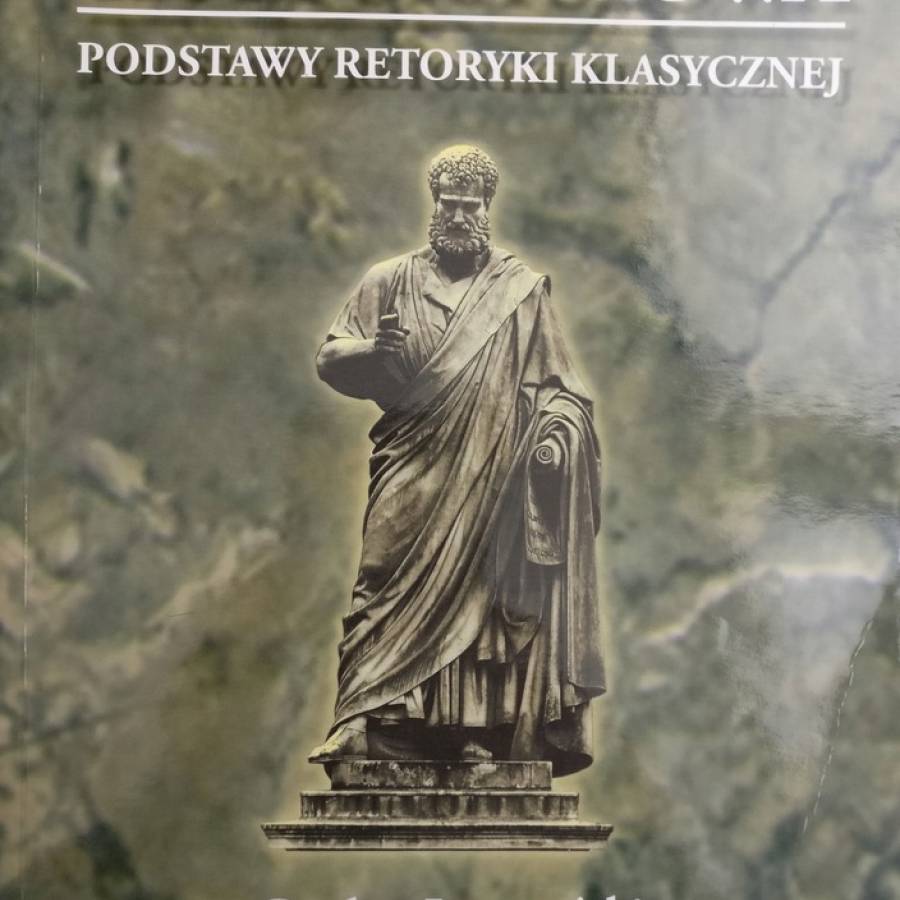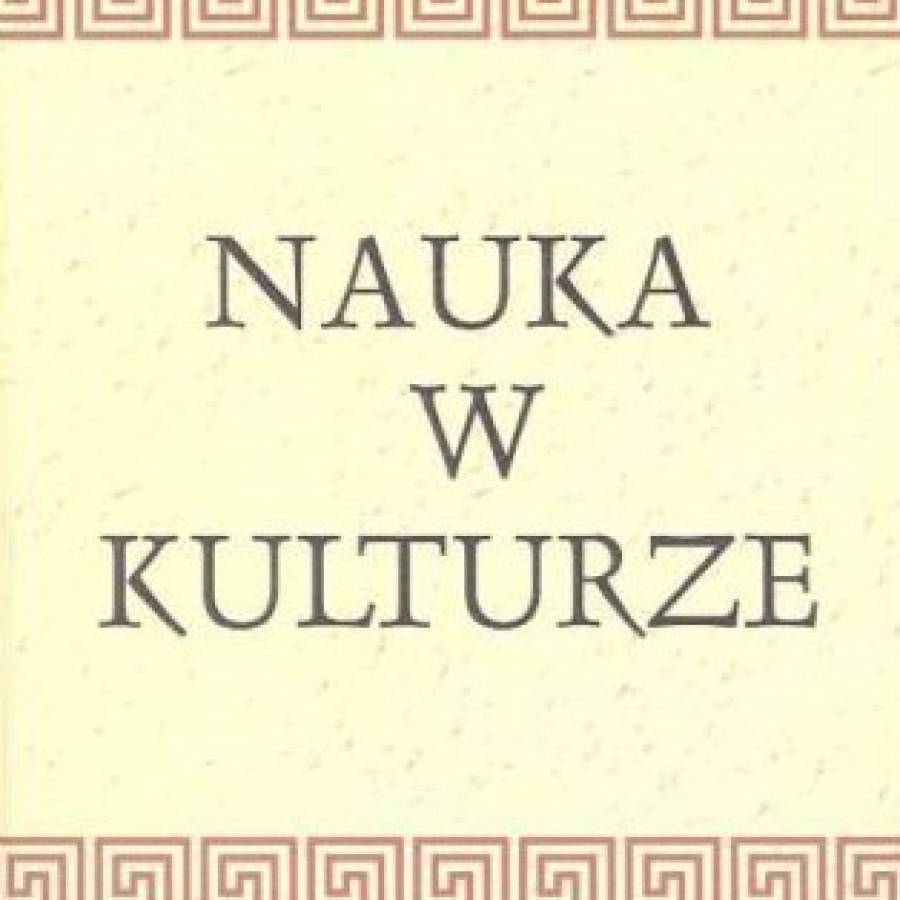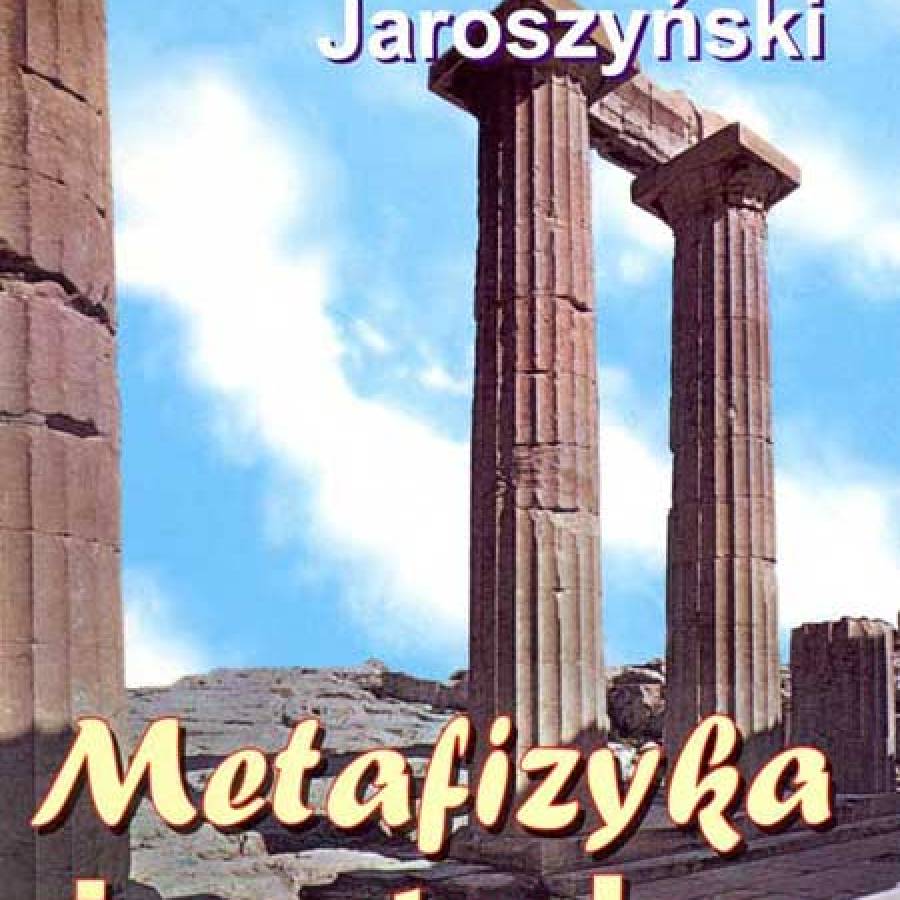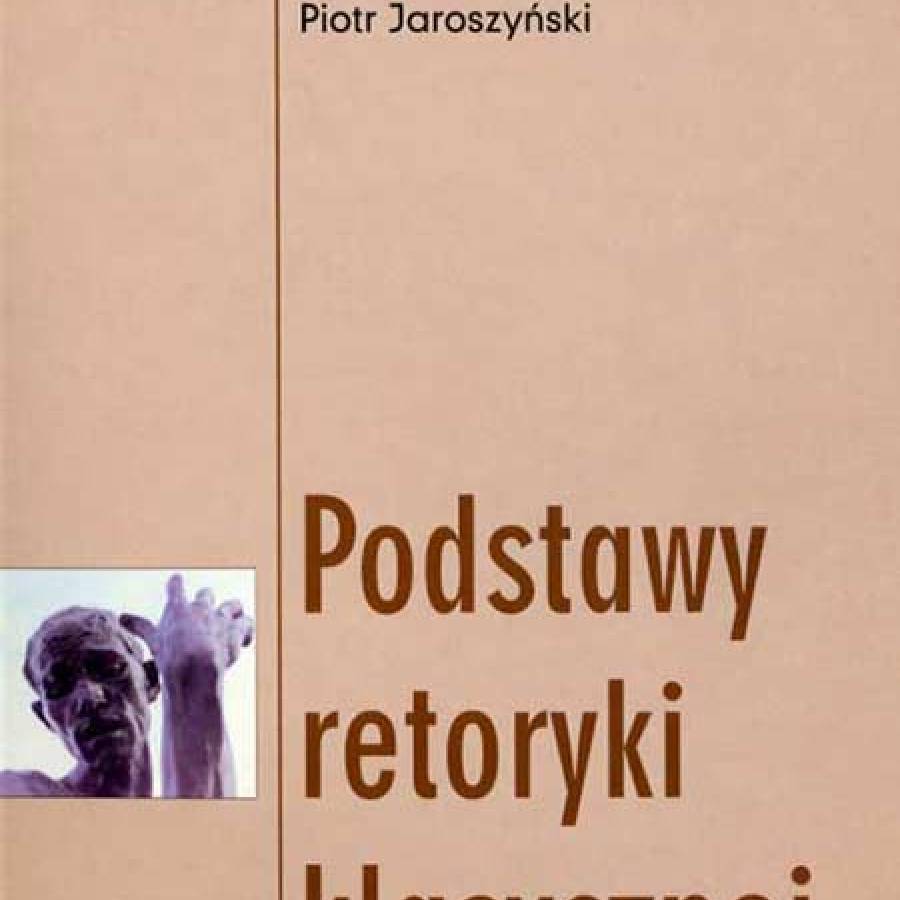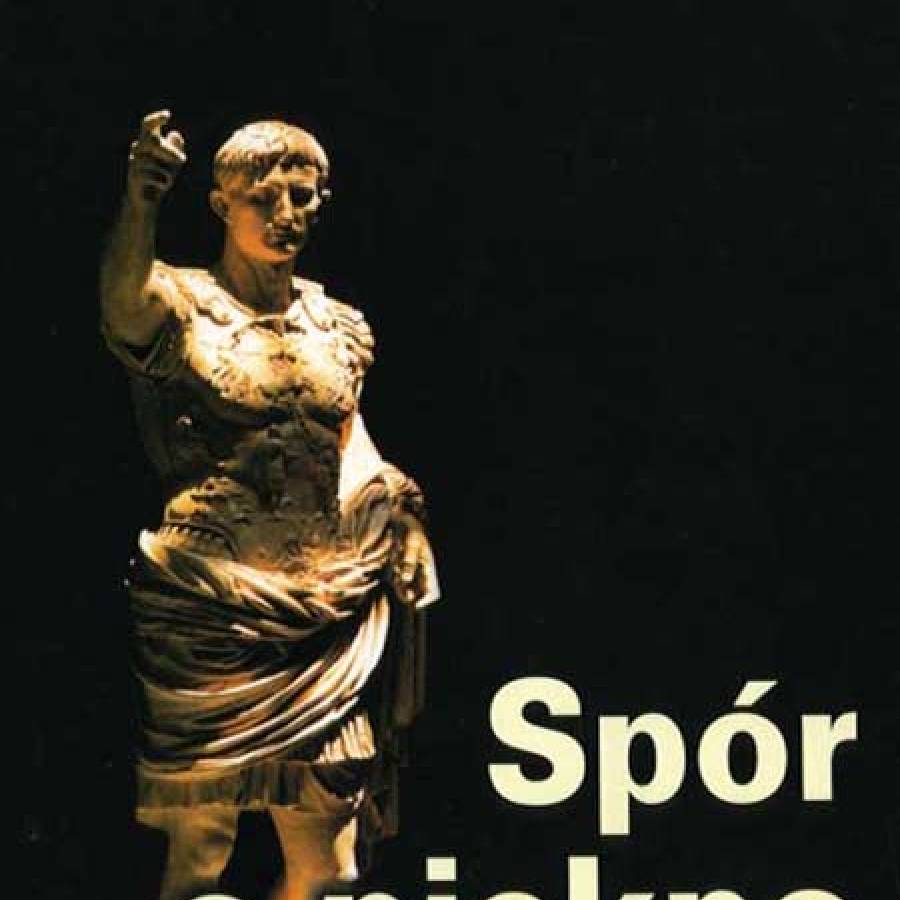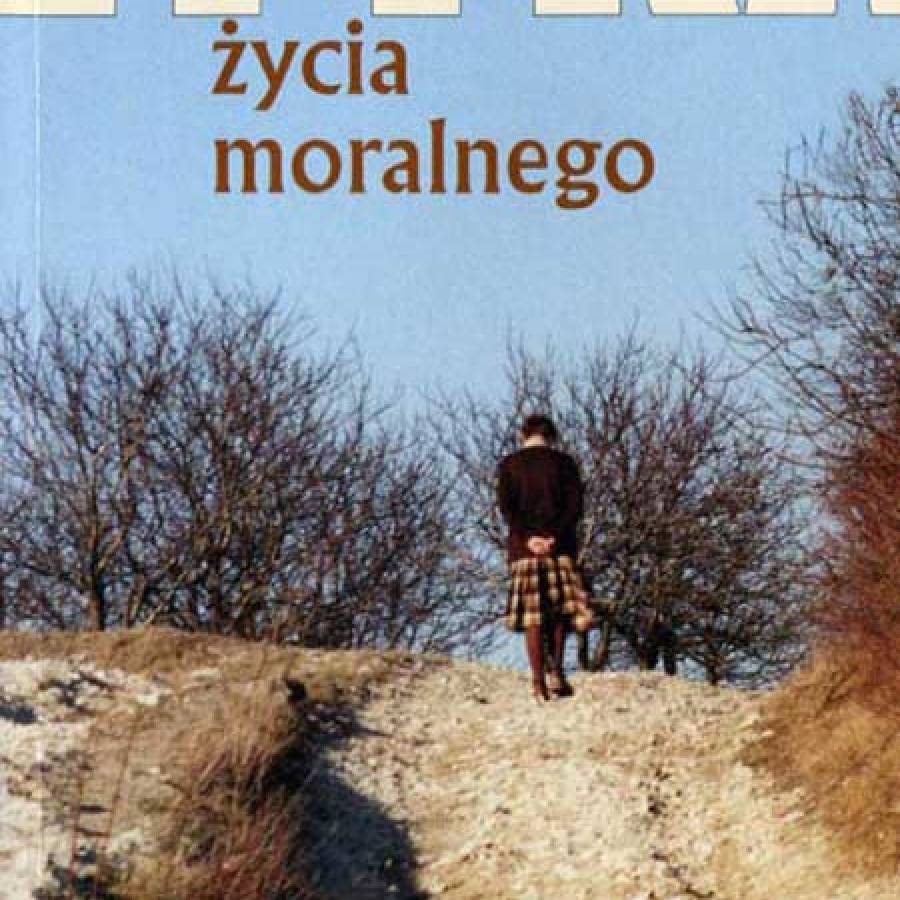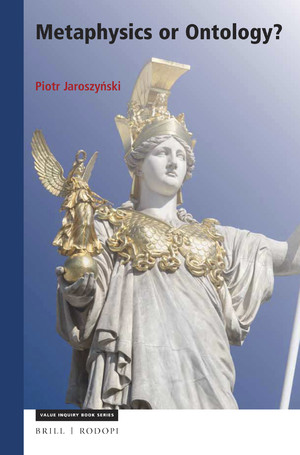 Metaphysics or ontology? by Piotr Jaroszyński
Metaphysics or ontology? by Piotr Jaroszyński
Answering the question of "Metaphysics or ontology?" is crucial for an understanding of Western philosophy. This work delves deep into the subject of metaphysics and its development within various philosophical currents.
The book examines the controversies surrounding metaphysics and its object, exploring questions such as the origin and significance of the name "metaphysics", the study of being as being, and how the intellect understands an object.
Through a historical lens, the author sheds light on the difference between metaphysics and ontology, tracing their origins and developments from ancient times to the modern era. The book also touches upon the influence of key philosophers and the role of metaphysics in shaping the vision of reality.
With a comprehensive approach, this work aims to provide clarity on the ongoing debate about metaphysics and ontology, inviting readers to delve deeper into the subject and form their own understanding.
| Detail | Information |
|---|---|
| Title | Metaphysics or ontology? |
| Author | Piotr Jaroszyński |
| Translated by | Hugh McDonald |
| Publisher | Brill Rodopi, 2018 |
| Pages | 468 |
| ISBN | 9004358250, 9789004358256 |
| Availability | Brill Rodopi |
